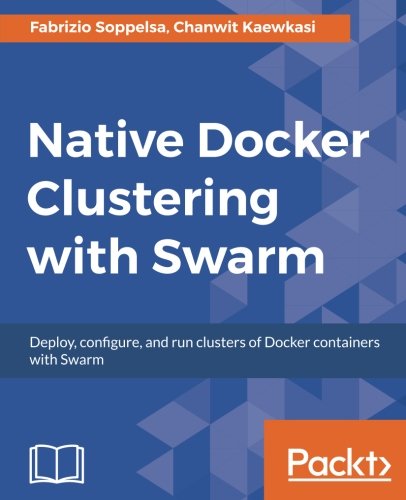; Date: Mon Nov 05 2018
Tags: 2018 Elections »»»» Machine Learning »»»» High Technology »»»»
Machine learning and artificial intelligence are not just the new hotness in software development, they represent a whole new model of computing. The old style of training software engineers does not work because the new model is so different. Generally speaking "Technology Breakthroughs" are showing no signs of slowing down, and therefore any country desiring to have a global leading role must have a smart educated workforce. Since it was the USA which invented most of these technologies you might think the USA would be doubling down on educating its children to ensure it maintains a leadership role in technology development. The current climate of USA politics is, however, not driven by wisdom. Silicon Valley's Congressman, Ro Khanna, has a different vision than what is currently driving American Politics.

Over the last umpty-ump years pseudo-Conservative ideology has had growing influence. Supposedly small government and a bunch of other stuff will result in prosperity. One effect of that ideology is shrinking funding for universities and university research.
Over the weekend Congressman Ro Khanna held a "Town Hall" meeting in Sunnyvale. Khanna represents a district covering critical portions of Silicon Valley, and therefore part of his role is to represent the high tech sector in Washington DC.
In several he presented a vision of USA federal technology policy very different from the prevailing norm in USA politics. Rather than shrinking funding for public universities and government research, Rep. Khanna argues for the opposite.
In the 1800's the USA funded "Land Grant" colleges across the USA. These colleges later became full-fledged Universities, and had a charter focused largely on agricultural technology and the various kinds of machines that could be built using 1800's technology. As Rep. Khanna put it, these universities prepared the USA for the Industrial Revolution.
That model isn't limited to the 19th century. Rep. Khanna suggested it can be applied in the 21st century to prepare the USA for the Machine Learning Revolution.
Where are the innovator companies located? The startups? Primarily they're clustered around universities. Silicon Valley is the primary example of this, and has been a hugely successful engine for technology development that has impacted the whole world. The key to Silicon Valley is the local universities, Stanford Univ, UC Berkeley, UC San Francisco, Santa Clara Univ, San Jose State, and others.
It's not that high tech companies imported themselves into Silicon Valley because of the weather. It's that these universities fostered an environment of high tech innovation. The companies that did import themselves to Silicon Valley did not come here because of the weather (it's real nice here), it's because of the environment of high tech innovation.
Speaking for myself, I came to Silicon Valley in 1990 because the best software jobs were here. I left the Midwest USA where my family is located, moving to the West Coast where I knew nobody and my family was far away. Why? The opportunity to work in high tech, and I've had the opportunity to do some important things here.
Asked about competition between China and the USA (for better or worse the Trump Administration has started a trade war with China), Rep. Khanna said we don't want a situation where the USA Federal Government has an ownership stake in businesses.
In China it is typical for the government to fund startup companies and end up with a huge ownership stake. China is dominated by its government in ways Americans would find completely unacceptable. It means Chinese commerce is moving very quickly, but is that the sort of result we want for the USA.
What Rep. Khanna suggests instead is to expand the Small Business Administration (SBA) so that it can offer loans to innovator companies.
Additionally the Federal Government should see public Universities as potential knowledge and innovation hubs. Rather than focus these hubs in Silicon Valley, every college across the country could be a center for high tech research and innovator companies.
This would mean implementing a 21st century equivalent of the land grant colleges.











